Ghee & Coconut oil are both source of fats, they both can offer some benefits to our health. Coconut oil and ghee, both are calorie-dense. The fats in coconut oil are primarily saturated fats referred to as as medium chain triglycerides (MCTs). These may help in balancing good cholesterol. But not digested in the same way as other fats. Ghee in medium quantity is easy to digest and is always good for other health benefits.
Let us introduce you to ghee. If you are familiar with Indian cuisine then you can already know almost all about the benefits of this ancient source of fat, which is a spoonful of goodness and health
Desi ghee was originally used in ancient India and was and remains central to their culture. It was most commonly used in Ayurvedic medicine and is held in the highest regard for its rejuvenating properties. Nowadays you will find it used noticeably in Indian cuisine as not only is it used for its health benefits, it’s also incredible for cooking with and provides a distinctive sweet and nutty flavour.
The benefits to desi ghee are countless, here are some of our favourites:
Ghee Promotes a Healthy Gut
Ghee is abundant in butyric acid, or BA as it’s more commonly known, which is a short-chain fatty acid (SCFAs) that is a key component in healthy gut function. It can help reduce inflammation which is key to preventing dozens of chronic diseases linked to or caused by inflammation which include Alzheimer’s, asthma, arthritis, Crohn’s disease, Irritable Bowel Syndrome (IBS) Parkinson’s and many more.
Ghee Contains Vital Antioxidants and Nutrients
Ghee contains fat-soluble vitamins A, E and K. Low intake of dietary fat will greatly affect the absorption of these vitamins because they can only be absorbed with dietary fats. This can lead to a deficiency in these essential vitamins. Having a more significant level of A vitamin will support the immune system and play an important role in vision and bone development.
Vitamin E is best known for its antioxidant properties and can help combat neurodegenerative diseases like Alzheimer’s & Parkinson’s disease. Antioxidants do this by neutralising the free radicals generated from the environment and the lifestyles we lead. Environmental and lifestyle factors that produce free radicals include air pollutants, tobacco smoke along with fried foods & alcohol.
Some studies have shown that low levels of Vitamin K are linked to increased inflammation, fractures and bone pain which makes it imperative for maintaining bone health. But it is just as important for helping to prevent cancer development and heart issues. The high level of vitamin K found in ghee is all the more reason to get this into your diet. It is also rich in omega 3, omega 6 and omega 9 which has countless benefits including;
- Improves Heart Health
- Boosts Immune System
- Reduces Inflammation
- Helps Relieve Depression and Anxiety
- Improves Vision
- Effective In Preventing Diseases and Conditions; Arthritis, Alzheimer’s ADHD, Cancer and Diabetes.
Read our blog – Why The Pure Desi Cow Milk Ghee Is Costlier Than Normal Ghee?
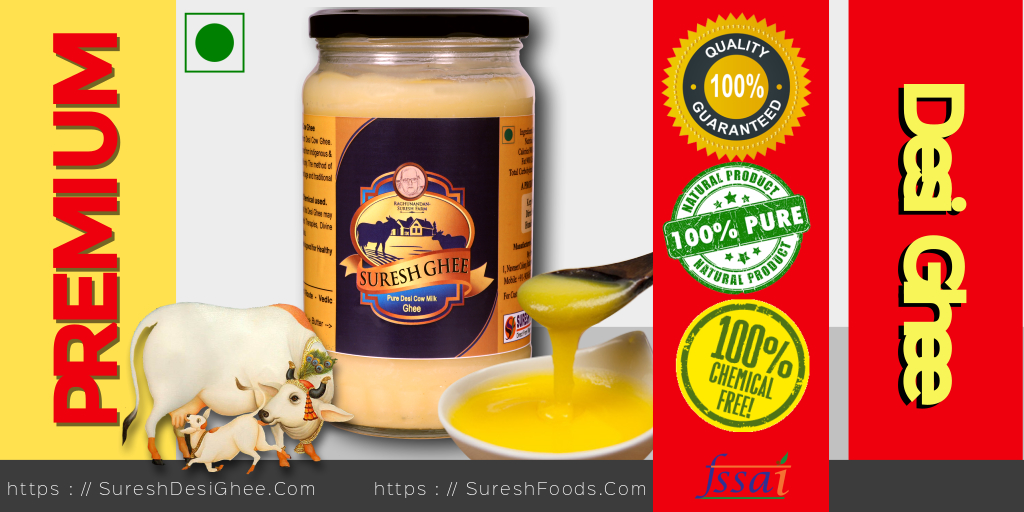
Ghee Helps Burn Fat
Ghee made from milk from grass-fed cows will contain high levels of conjugated linoleic acid (CLA). If you are not aware of the benefits, studies have shown that CLA can significantly reduce body fat and prevent weight gain through increasing our metabolic rate and its ability to help increase lean muscle mass.
If we also consider that ghee is a source of medium-chain triglycerides (MCTs) we get even more fat loss benefits. Why is this? MCTs are unique and are not metabolised in the same way as other fats or carbs.
Consider, as an example, regular long chain triglycerides likened to a fruit – an orange for instance, and MCTs being more like orange juice. If you were to eat an orange it would take a lot more work to break down & consume as opposed to orange juice that you can just drink without any effort, barely thinking about it. The way your body deals with medium-chain triglycerides is a lot like the orange juice as medium-chain triglycerides are lot easier and quick to absorb. Studies have shown that compared to long chain triglycerides (LCTs), which are found in most dietary fats such as nuts, avocados etc.

Ghee is For Everyone
During the process of making ghee, all milk solids & moisture are removed and the small amount of lactose and casein within the butter is also removed. Which means the majority of individuals with a lactose or casein intolerance have a little to no issues when consuming ghee.
Coconut oil has been the go-to healthy fat source of late and for good reason – like ghee, coconut oil is made up of medium chain triglycerides (MCTs) and is also well known for its antioxidant properties. But could we have found a new favourite which is, in fact, superior?
We mentioned earlier how many benefits these fat soluble vitamins have, along with the metabolism boosting, fat burning components of CLA (Conjugated Linoleic Acid) which are found in ghee. Unfortunately, coconut oil does not have any of these.
You don’t find Butyric Acid in many foods and this includes coconut oil. On the other hand, Butyric Acid is one of the main components in ghee that makes it so special.
Ghee has a higher smoke point in comparison to coconut oil. Why is this important? Well, when fats are heated past their smoke point, the fat breaks down and releases free radicals which can destabilise & damage cells in our body.
When there are excessive free radicals it creates oxidative stress and studies have shown that oxidative stress plays a role in the development of conditions including cardiovascular diseases, Alzheimer’s, Parkinson’s and many others. The higher the smoke point, the less risk of releasing free radicals.
Speaking of versatility, coconut oil does not always mix well in dishes like ghee can; due to the sweeter tasting nature of coconut oil, it’s not always the favoured choice for dishes that are of a more savoury nature.
The nutritional profile here lists the breakdown of all the nutrients that ghee has to offer.
We can clearly see that it is rich in omega 3-6-9 fatty acids & contains the fat-soluble vitamins A, E and K which provide many benefits as mentioned before.
Coconut oil has about 40 percent more saturated fat than ghee (clarified butter), but it also has much more lauric acid – a saturated fat that may raise ‘good’ cholesterol. There is evidence that coconut oil has anti-inflammatory and anti-bacterial properties, but more research is needed for a clear winner. Ghee contains vitamins A and D, and more monounsaturated fats. Go for virgin coconut oil or quality ghee from grass-fed cows.
Despite some small differences, coconut oil and ghee are relatively similar, especially in terms of fat and calorie content, even if ghee’s is slightly lower. They may have potential health benefits but haven’t been studied enough to warrant any strong recommendations on consuming more of them. The general consensus is to limit saturated fat intake, so both coconut oil and ghee should be consumed in moderation.
FAQ
Which is better among ghee or coconut oil?
Depending on the preference, if a person desires a high nutritious component, ghee consists of more vitamins, including vitamins K, A, and D. If a person prefers to add a coconut flavor to their baked goods or dishes, coconut oil is better but for a more buttery taste, ghee proves to be the excellent choice depending on your fondness.
Can I substitute ghee instead of coconut oil ?
According to your taste preference, ghee can be consumed in place of coconut oil. If a person desires, they can replace coconut oil with ghee taking care of a simple one-to-one ratio. If the recipe needs to add two tablespoons of coconut oil,one can rather choose to add two tablespoons of ghee.
Which has more calories, coconut oil or ghee ?
When considering the consistency of the caloric content between ghee and coconut oil, both have shown to be similar resulting in a great preference for weight loss or weight maintenance.
What is the best substitute for coconut oil?
As we all know that ghee is basically produced from butter, ghee is the best substitute to coconut oil. Both of them have comparable fat consistency and smoke points. But you can swap coconut oil with ghee using a one-to-one ratio.
Which is the best for weight loss, ghee or coconut oil?
Although, both ghee and coconut oil have matching calories, carbohydrates, and fat content. As well as both being primarily fats, they are calorie dense but also adjust into a keto or other low-carb diet prescribed.

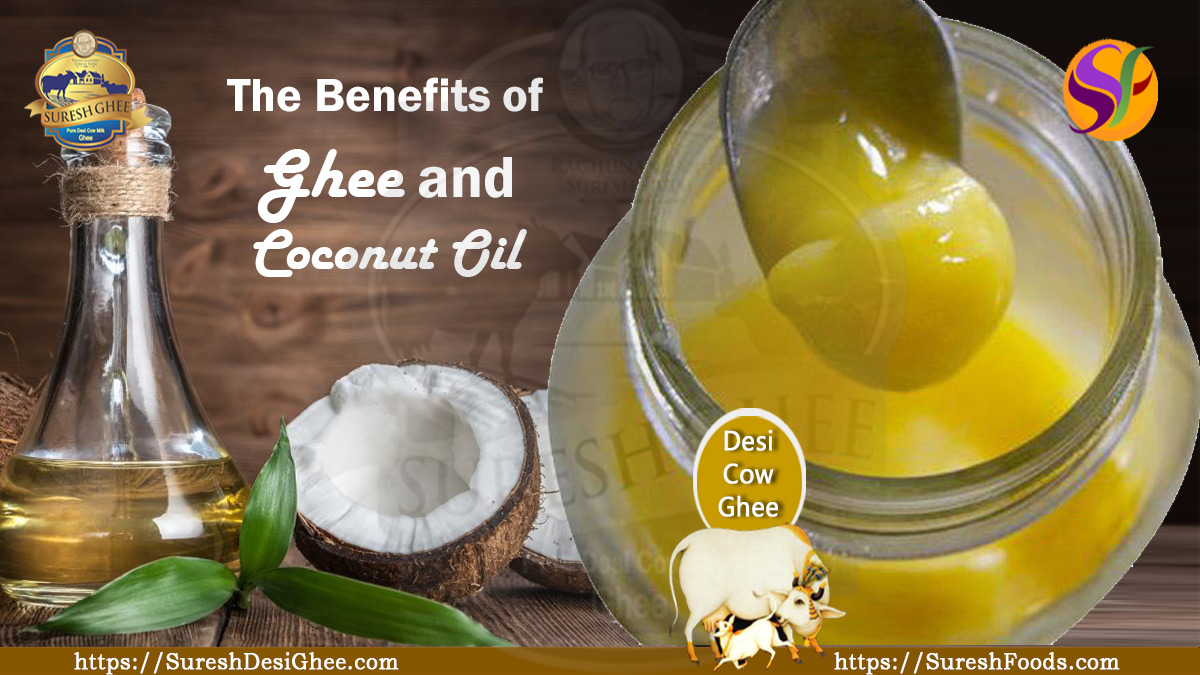
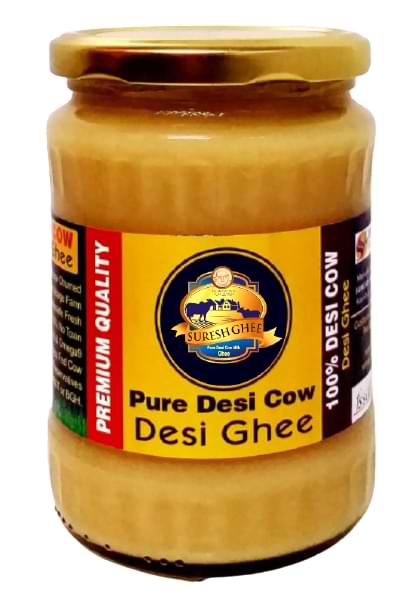
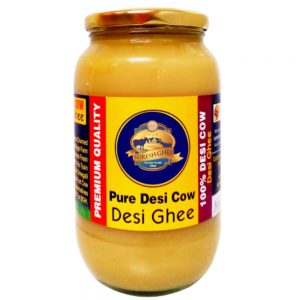
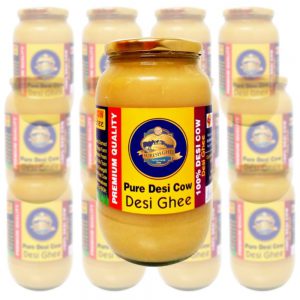
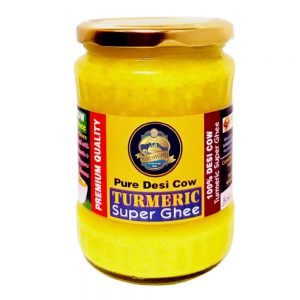
 WhatsApp us
WhatsApp us 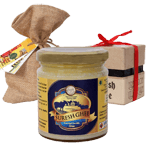
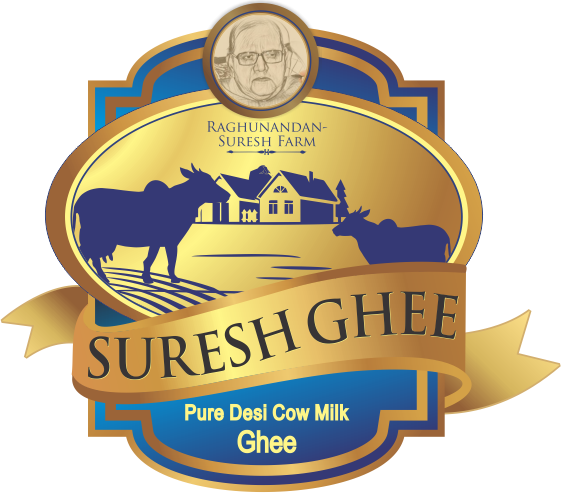
Naveen m...